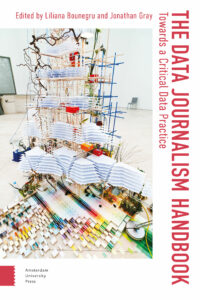 Alert Reader says: A friend forwarded this info to me. It comes from a blogger in Belgium named Mike Doms. The text was originally in French, so I used translate.google for English:
Alert Reader says: A friend forwarded this info to me. It comes from a blogger in Belgium named Mike Doms. The text was originally in French, so I used translate.google for English:
The official announcement of martial law and legitimate military government, in place since 12 a.m. on January 20, 2021, was made on Friday January 29 at 6 p.m. EST (11 p.m. GMT). The official announcement of the arrest of Biden as well as 355 Congressmen and 109 Senators (or 464 elected) on January 24 and 25 was made on Sunday, January 31 at 4:35 p.m. EST (10:35 p.m. GMT).
Continue reading “Mongoose: Unverified Very Possibly True We Pray This Be So, 5 UPDATES”






